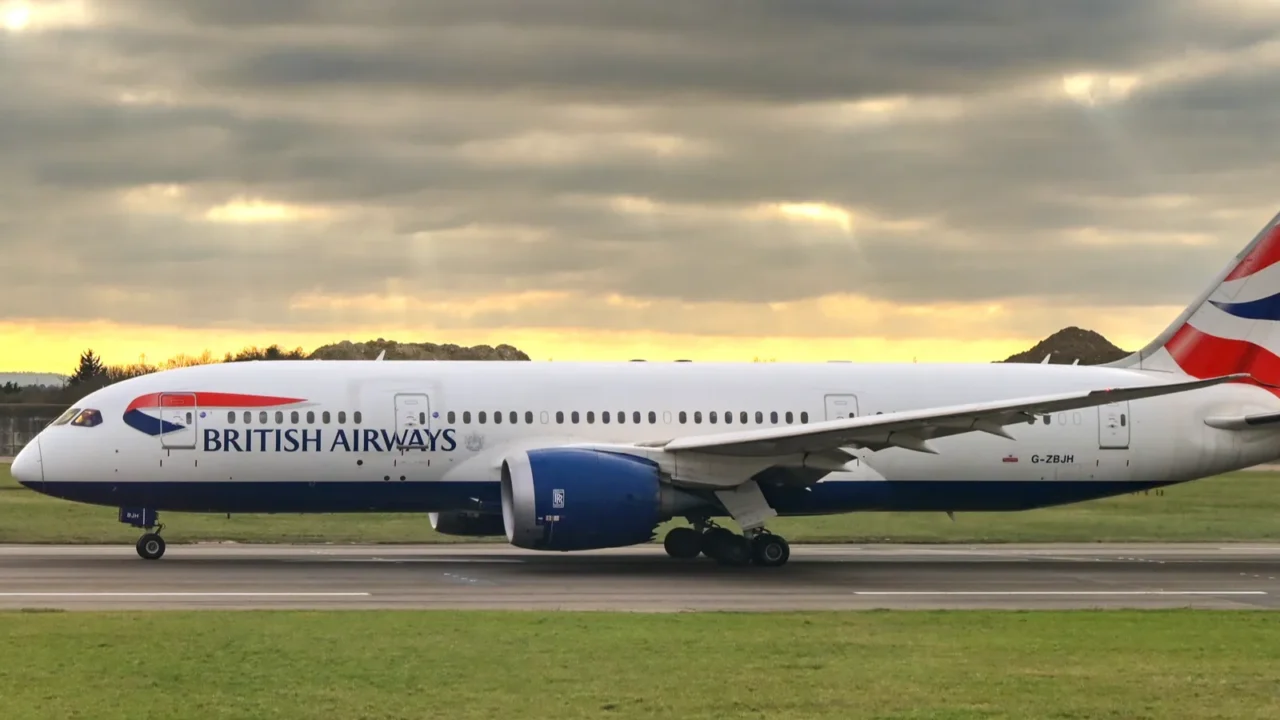
British Airways just raised the bar
Imagine flying across the Atlantic while streaming Netflix or joining a Zoom call, without interruptions. British Airways is making that possible by offering free, high-speed Starlink Wi-Fi to all passengers starting in 2026.
This move puts BA ahead of most global airlines. It’s part of the company’s £7 billion transformation plan to modernize everything from technology to comfort, promising smoother, smarter, and more connected flights for everyone on board.
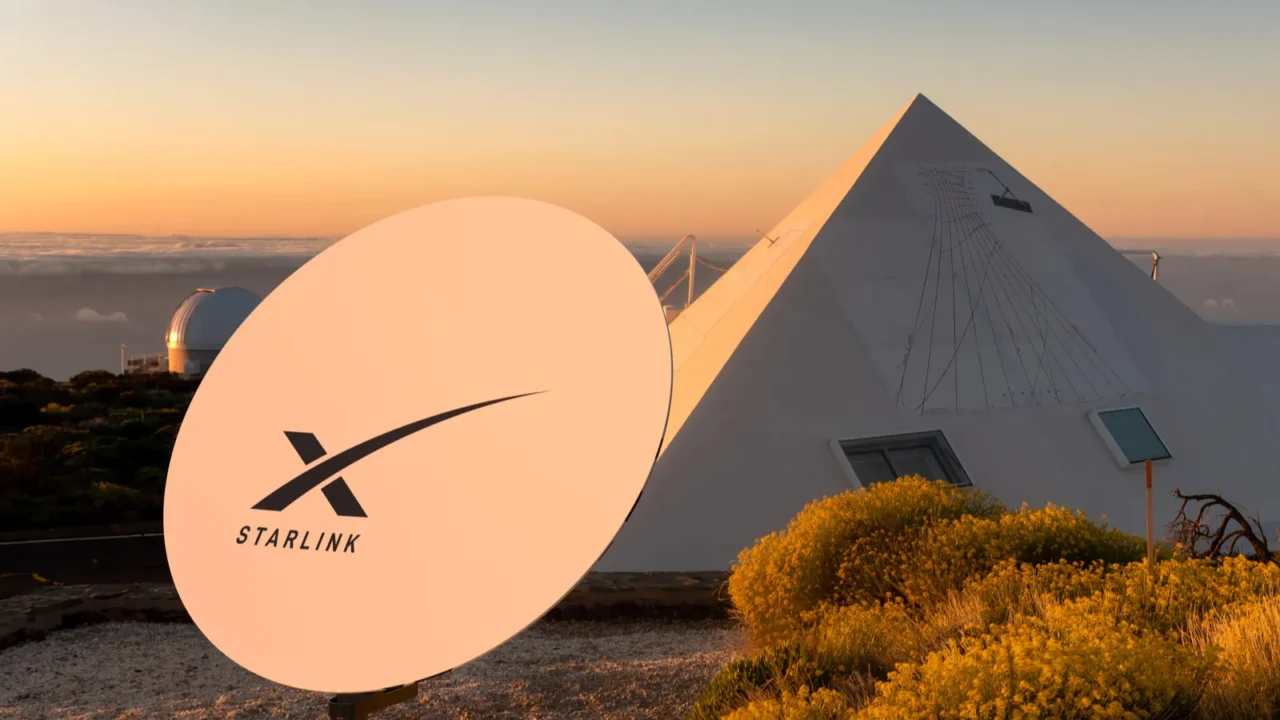
Elon Musk’s Starlink takes flight
Starlink, Elon Musk’s satellite internet network, will power this new service. Unlike traditional in-flight Wi-Fi, Starlink uses low-Earth orbit satellites that deliver broadband-like speeds anywhere on the planet.
That means no more buffering, lag, or slow loading screens while flying over oceans. For travelers, it’s the closest thing to having your home internet speed at 38,000 feet, something flyers have dreamed about for years.
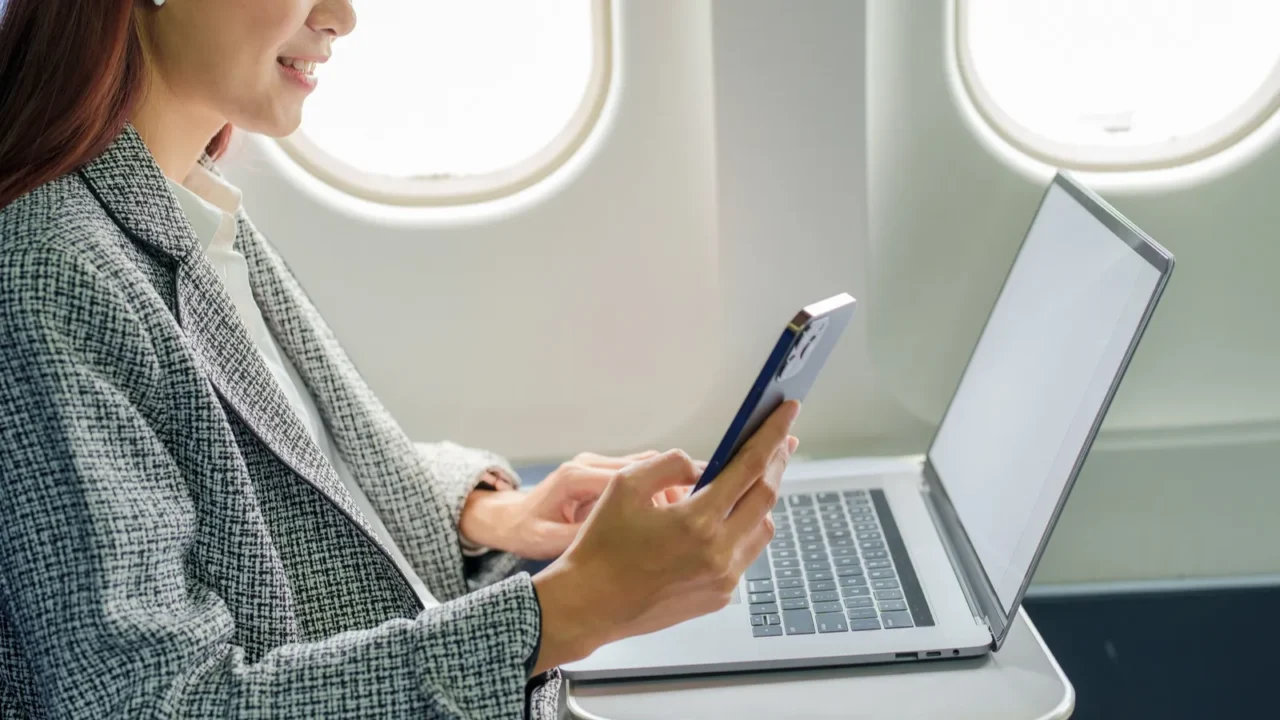
Every seat, every class, all free
Whether you’re in first class or economy, every passenger gets free Wi-Fi from gate to gate. There’s no extra charge or limited access, everyone’s online from takeoff to landing.
This sets a new industry standard where in-flight internet becomes a basic amenity, not a luxury. It’s a bold move that could push other airlines to follow suit, giving travelers more value for their ticket price.
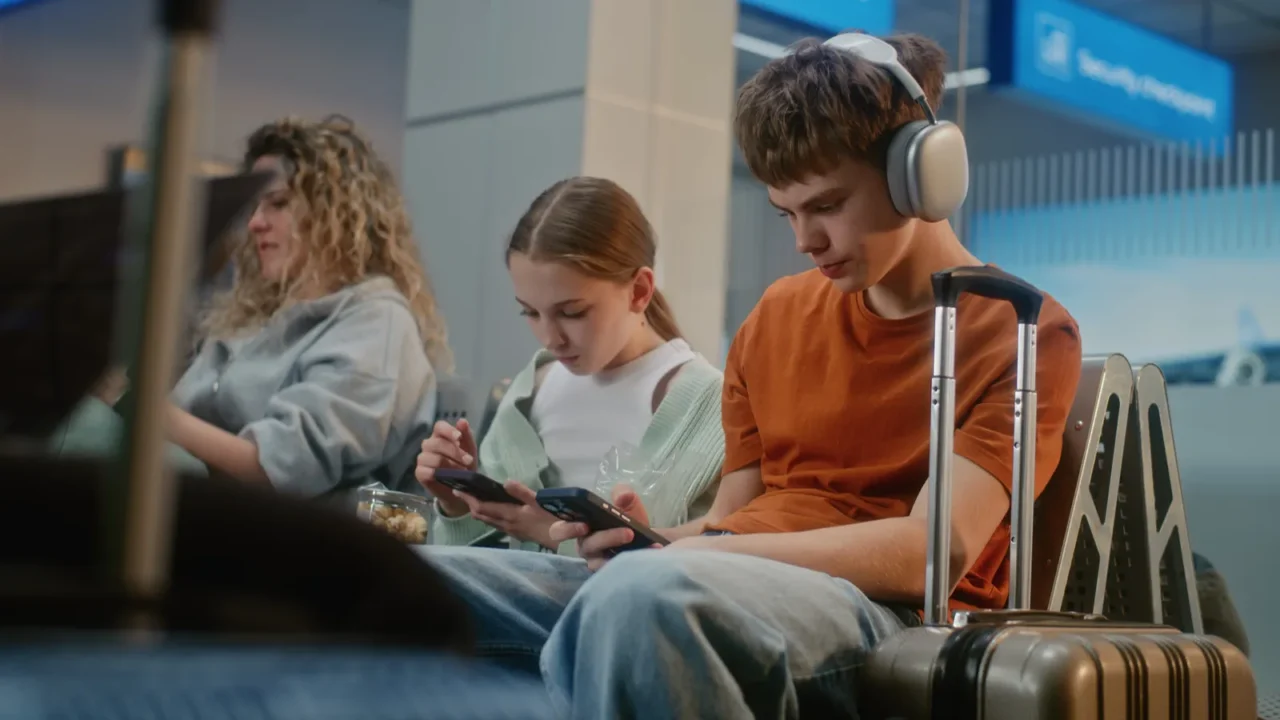
What it means for your next trip
Say goodbye to planning downloads before a flight. With Starlink, you’ll be able to stream movies, play online games, scroll through social media, and video chat the entire journey.
Business travelers can work uninterrupted, and families can keep kids entertained without lag. The in-flight experience is about to get a serious upgrade, one that makes even long flights feel shorter.

Why it’s such a big deal
In-flight Wi-Fi has long been a frustration for travelers, often too slow or costly to bother using. Starlink’s low-latency network changes that with a real-time internet that rivals what you have at home.
It’s also a huge step for aviation technology. By connecting passengers seamlessly in the sky, BA isn’t just improving convenience; it’s redefining what modern air travel feels like.
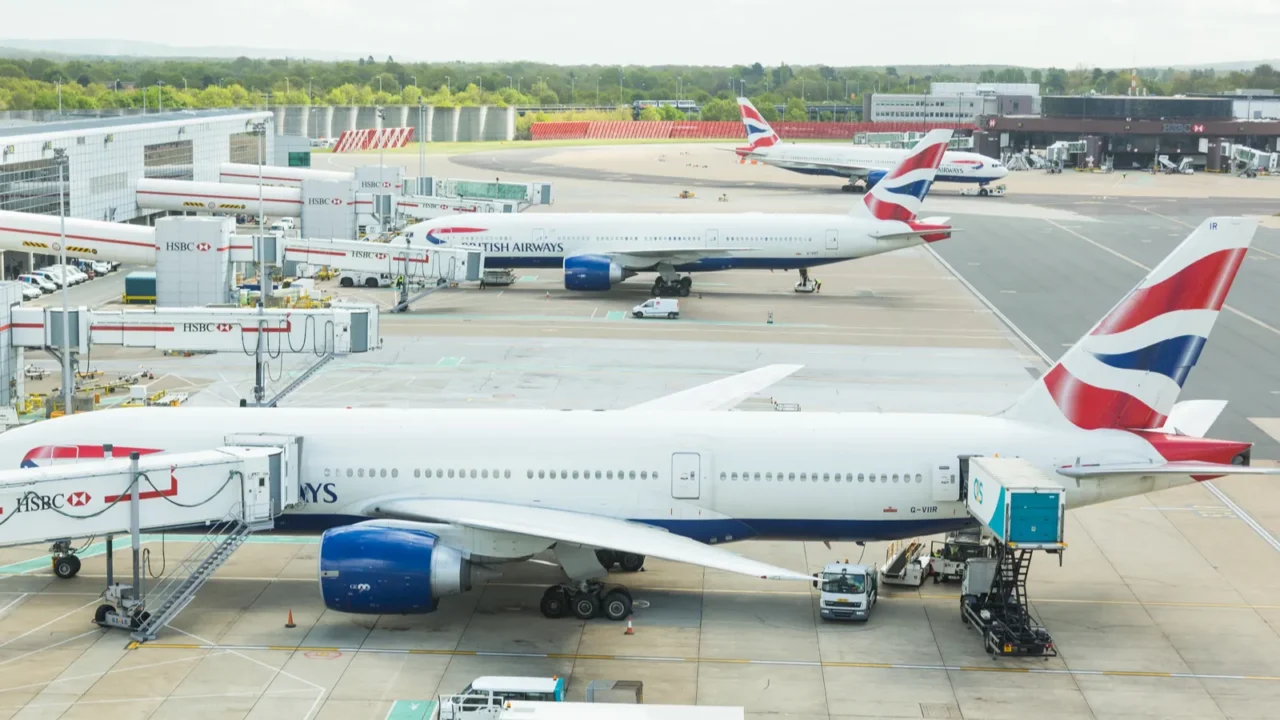
A first for UK airlines
British Airways is set to become one of the first UK airlines to offer full-speed Starlink Wi-Fi across its flights and cabins. From short hops across Europe to long-haul journeys to New York, the service will be the same everywhere.
That gives BA a major competitive edge in Europe’s airline market. Other IAG-owned carriers, like Iberia and Aer Lingus, are expected to follow soon after, spreading Starlink skies across the continent.

A massive investment in comfort
The Starlink rollout is just one part of British Airways’ £7 billion transformation plan. The airline is also redesigning cabins, refurbishing lounges, and upgrading its aircraft interiors for a more modern feel.
Even the new First Class Suite, coming in 2026, will feature wider seats and more advanced in-flight tech. Together, these changes are meant to make flying BA not just convenient, but genuinely enjoyable again.
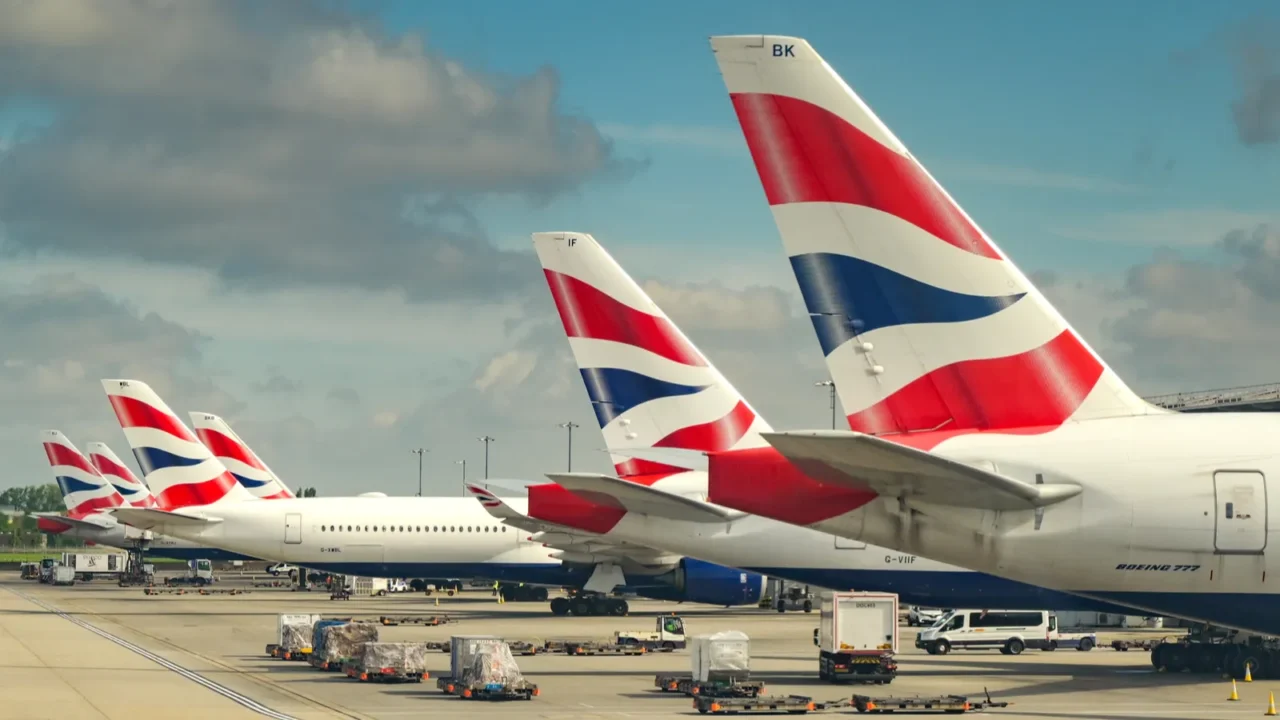
Smarter planes, smoother flights
Behind the scenes, British Airways is investing in AI-powered predictive maintenance to reduce delays and improve reliability. This means fewer last-minute cancellations and smoother connections for travelers.
It’s a smart blend of technology and service. By combining better aircraft systems with high-speed Wi-Fi, BA hopes to rebuild its reputation as one of the world’s top full-service airlines.

How it affects business travelers
For professionals, this upgrade could be a game-changer. Being able to send files, attend virtual meetings, or answer emails midair makes travel time more productive.
With Starlink, the days of waiting to land before reconnecting are over. It’s a win for digital nomads, executives, and remote workers who can now stay plugged in anywhere on Earth. This added freedom could reshape how people plan business trips and manage remote teams.
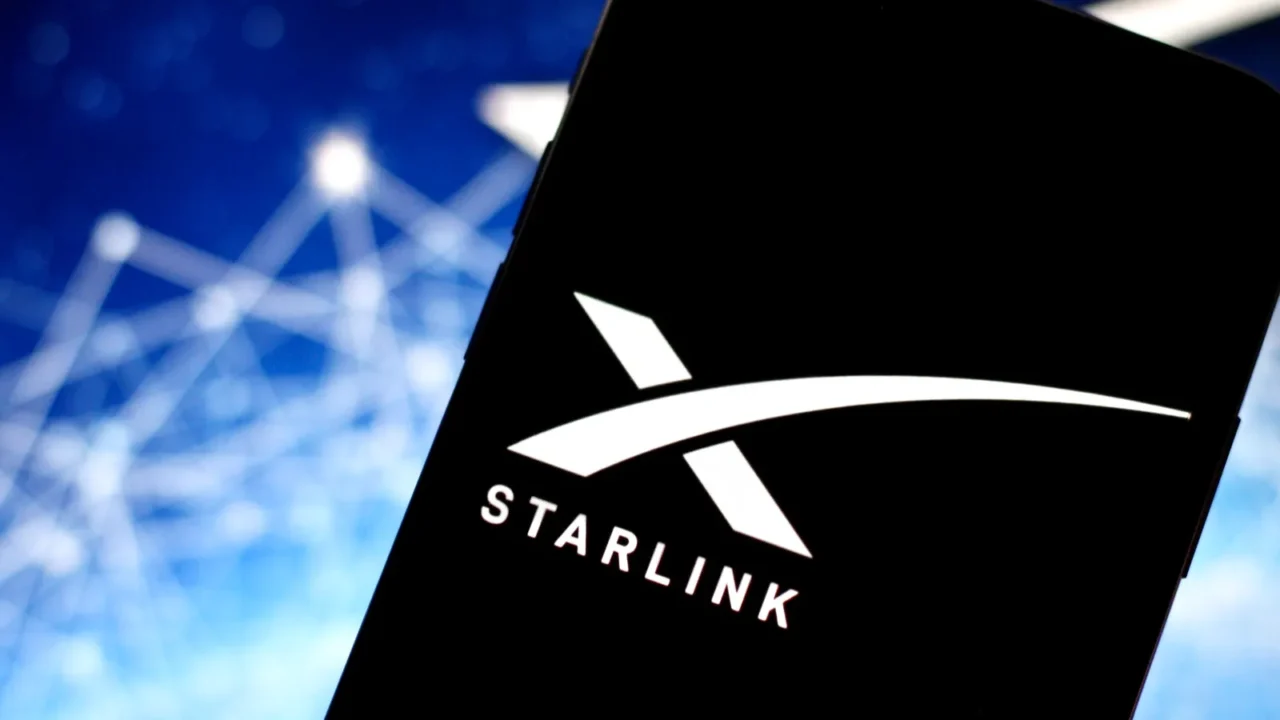
Starlink’s edge over rivals
Traditional in-flight internet relies on high-orbit satellites that cause lag and limited coverage. Starlink operates closer to Earth, giving it faster speeds and better reliability over oceans and remote regions.
This leap in performance is why airlines like United, WestJet, and Air France are also partnering with Starlink. British Airways’ early adoption shows it’s serious about leading aviation’s next digital frontier.
This technology could set a new global benchmark for what passengers expect from air connectivity.
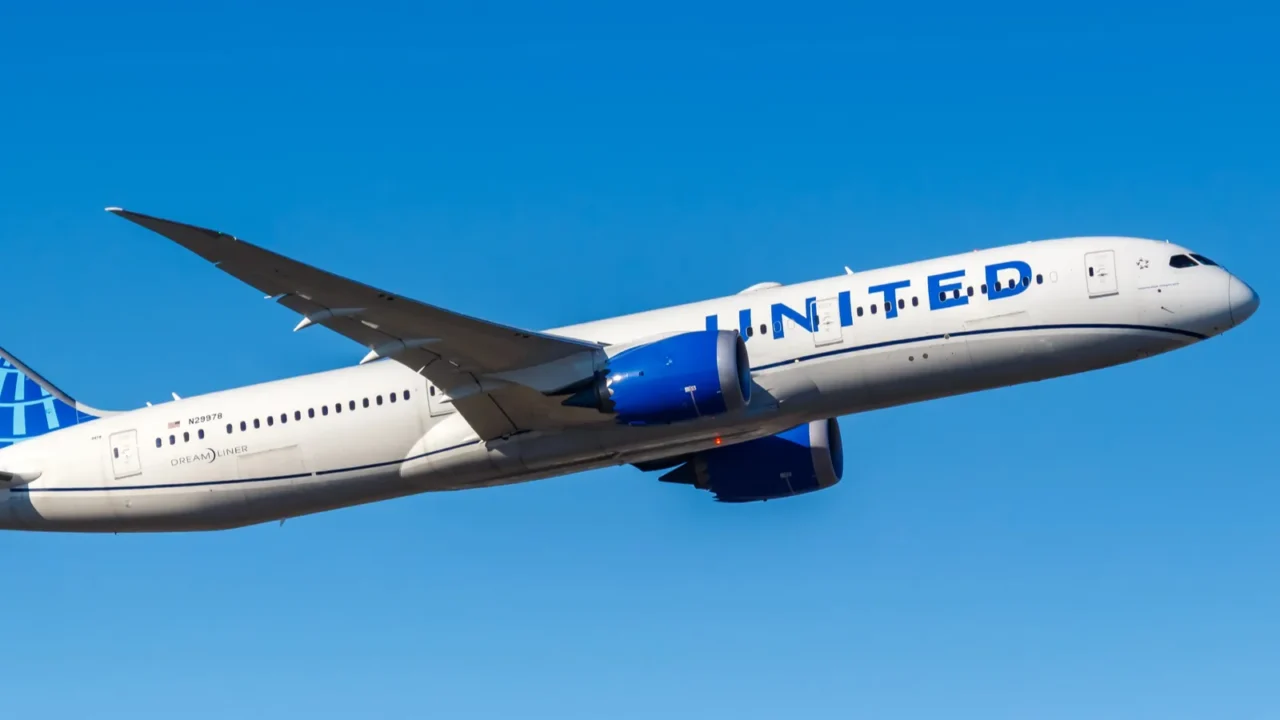
Airlines expanding Starlink Wi-Fi across their fleets
Apart from British Airways, several airlines are adopting or rolling out Starlink internet service. United Airlines began introducing Starlink Wi-Fi on select regional jets and has announced plans for a wider rollout by year-end. Qatar Airways introduced it on a Boeing 777, aiming to outfit its full 777 fleet and begin A350 installations mid-2025.
Other carriers include AirBaltic on Airbus A220-300s, SAS starting late 2025, Air France since summer 2025, and Jazz Aviation on some Dash 8 Q400s, with expansion planned. Virgin Atlantic will add Starlink to 787s, A350s, and A330neos from 2026, while WestJet, Alaska Airlines, and Zipair explore the service as well.
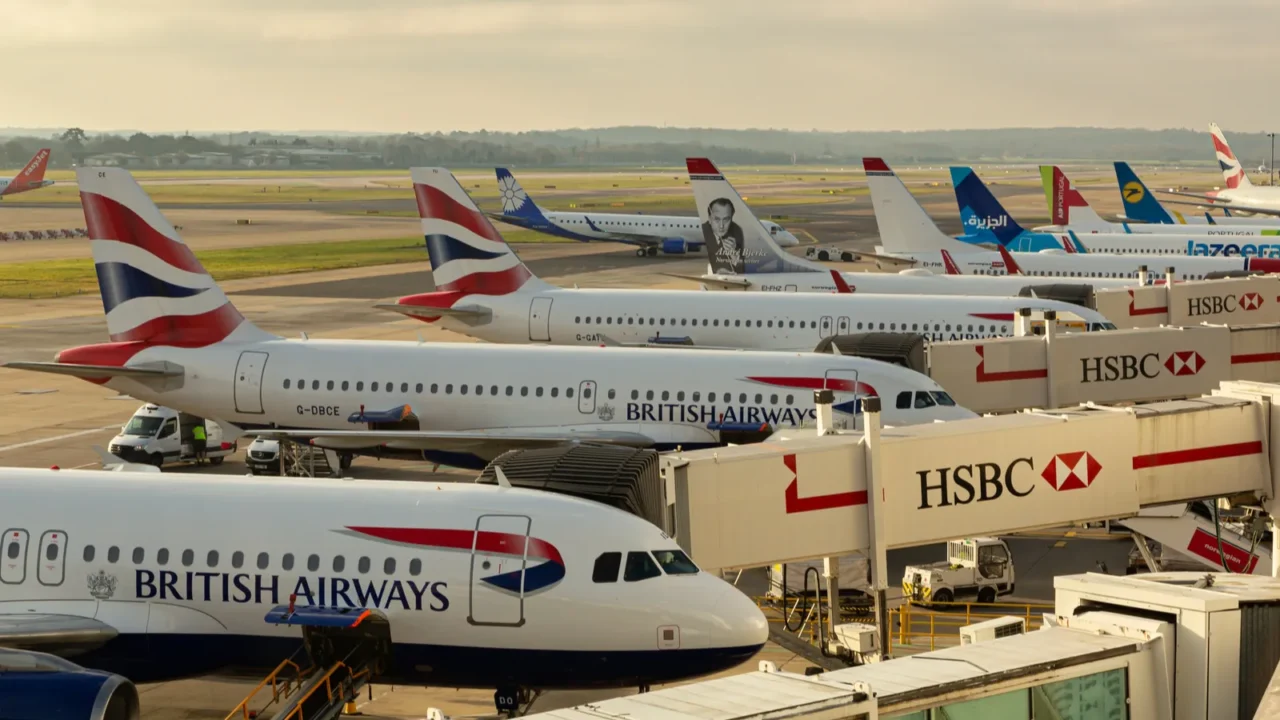
A new era for connected travel
The goal is to make connectivity part of the flying experience. British Airways wants passengers to feel just as connected in the air as they are on the ground.
It reflects a broader shift in air travel, where digital convenience, comfort, and personalization matter more than ever. And soon, that “airplane mode” button might become a thing of the past. This marks the start of a travel era defined by seamless tech integration and nonstop connection.
Uncover the hidden airline fees sneaking into your ticket, and learn smart ways to avoid them.
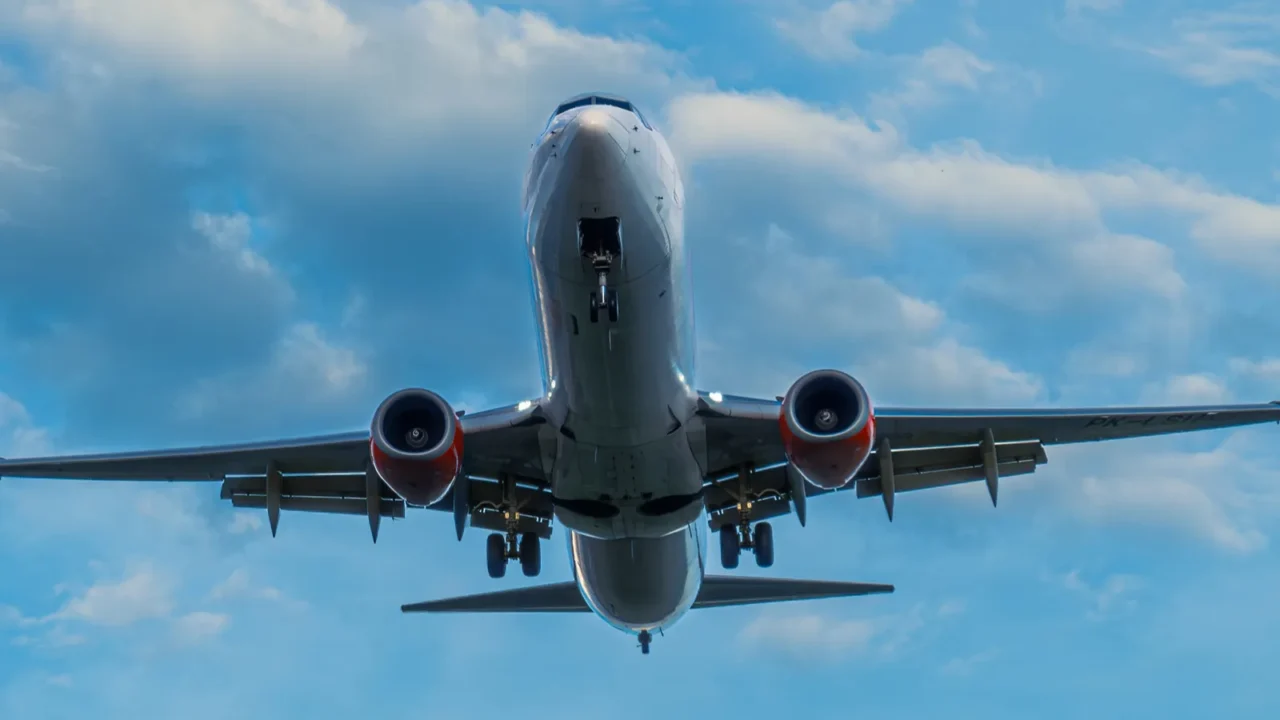
What it means for the industry
This move could push other airlines to rethink their in-flight Wi-Fi policies. Free, reliable internet may soon become the new standard, much like entertainment screens or USB ports once were.
For passengers, that’s a big win. Better competition means faster innovation, better service, and more enjoyable flights across the globe. It’s a sign that the future of flying will prioritize experience and efficiency as much as speed and safety.
Explore the remarkable journeys of top tech and business leaders who began their rise on an H-1B visa, including Elon Musk himself.
Would free, high-speed internet make you more likely to fly British Airways? Tell in the comments.
Read More From This Brand:
- 15 historic towns in America where time stands still
- African American heritage trails worth traveling for
- Would you trust a robot to plan your next vacation?
Don’t forget to follow us for more exclusive content right here on MSN.
This slideshow was made with AI assistance and human editing.